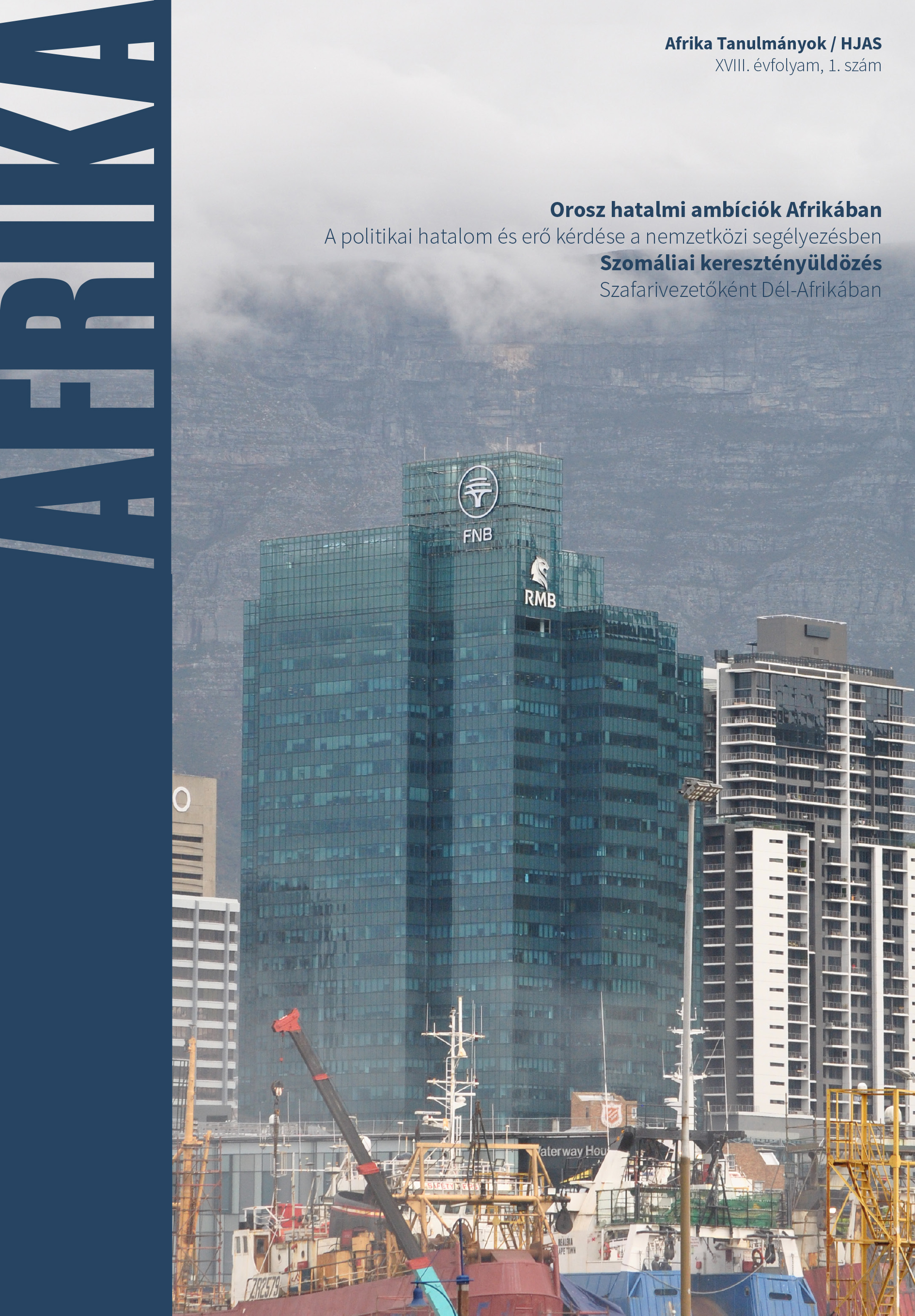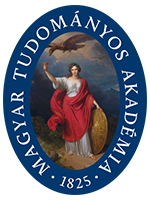Political power and force in international aid
Reflections on Africa's development in the spirit of Agenda 2063
DOI:
https://doi.org/10.15170/AT.2023.18.1.2Keywords:
post-development, Africa, development aid, Agenda 2063, urban segregationAbstract
The idea of ’Africa rising’ is not new to those working on development aid and African issues in general. Since the 1960s, ’Afro-optimist’ and ’Afro-pessimist’ ideas have emerged with alternating intensity about how the voices of local practitioners and leaders can dominate the context of decision-making and use of aid. The African Union’s Agenda 2063 The Africa We Want, fits into this arc and encourages others to ask themselves this question again and again. In particular, development aid practitioners who want to make an impact on African societies. This paper explores in essay-like fashion, in separate sections, some of the fundamental issues and specialisations of aid, forming a coherent whole of thought.
Downloads
Published
How to Cite
Issue
Section
License

This work is licensed under a Creative Commons Attribution-NonCommercial-NoDerivatives 4.0 International License.
















